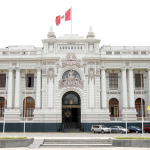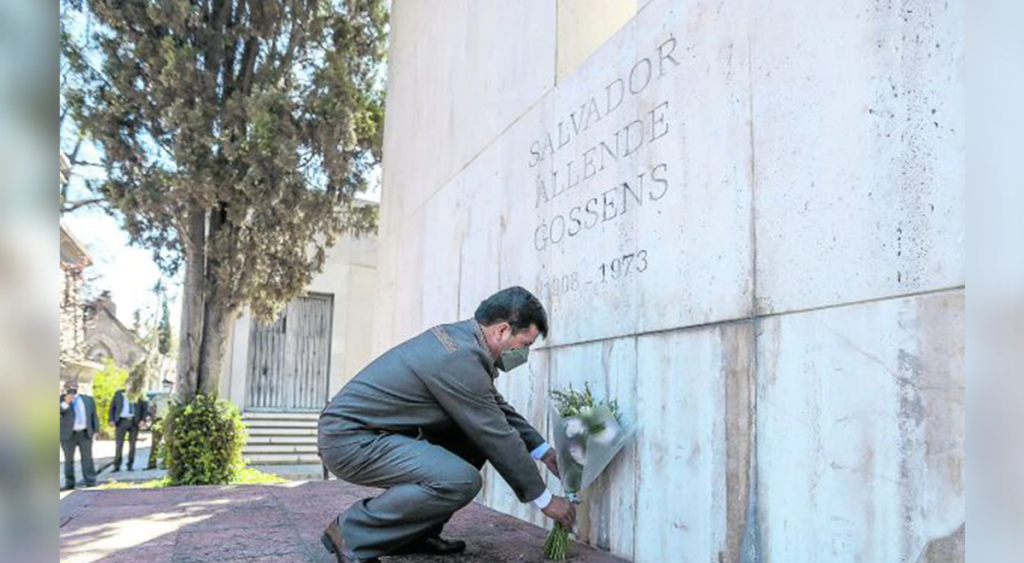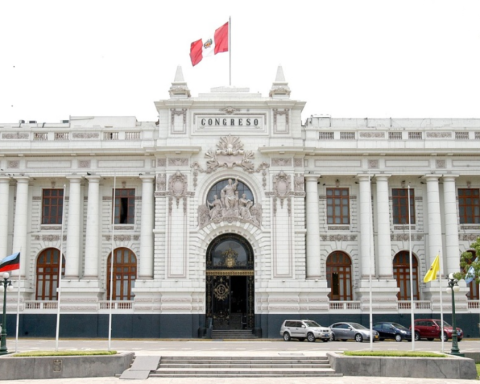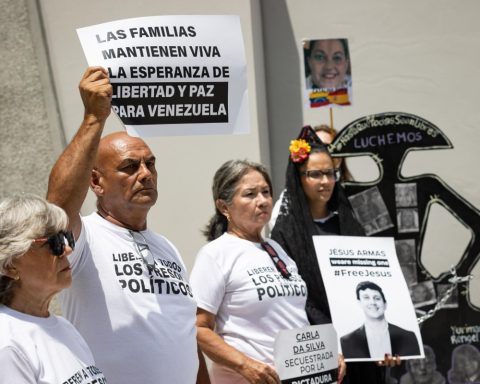TO
two years after the start of the covid-19 epidemic, which forced the government to close schools and establish a distance learning system, based on national television and in some cases using modern technologies, based on the use of the Internet, I consider essentially necessary to carry out an evaluation of the current state of education, such as the one carried out with the Enlace tests that were applied annually, between 2008 and 2015, to students in the final grades of primary, secondary and high school, since it would allow us to have with a diagnosis of education, essential to know the current levels of knowledge and skills of our students and ensure that they are in a position to understand the new knowledge that is intended to be given and discuss with them. (An example of what might happen is trying to teach fractions to children who don’t know how to multiply or divide yet.)
Considering that with the massive classes that were given on television, the study programs have been adequately covered, can lead the educational system to a greater problem than the one we surely have today. The Secretary of Education has reported that this year the Pisa test will be carried out, which could not be applied in 2021 because secondary and high school students received classes at home.
I believe that this is correct but not sufficient, to the extent that this test is applied only to a reduced sample of 15-year-old students, so that its results will hardly give us an idea of the current situation of instruction in each one of the entities of the Republic. This leads me to think that it would be a gross error to consider that the coverage of study plans should now continue as if nothing had happened. It is, therefore, a serious problem, which is surely aggravated by the state in which the Peña Nieto government left education, especially knowing that the policies carried out under the command of Secretary Aurelio Nuño meant a setback of between six and eight years compared to the levels existing at the beginning of that administration.
We can also think that, certainly, the pandemic affected all the countries of the planet in the same way, so its economic impact will be minimal; however, it is naive to believe that it affected everyone with the same magnitude, since we must consider that in the most advanced students Internet coverage has been complete for a long time, so necessarily their teachers have known how to use it and take advantage of it without problem, since which was used as a common tool since before the pandemic.
Meanwhile, in countries like ours, few teachers have this experience.
For more than 10 years, the Enlace tests were applied in all schools in the country, generating a culture prone to evaluation that allowed us to detect failures and opportunities to improve the levels of knowledge and skills of our students, and even when it initially had a level of rejection in some sectors of the teaching profession, its results were important and positive. In fact, for this reason they became a significant activity in most Latin American nations and, today more than ever, it is necessary to recover them to improve the knowledge levels of our students.
However, little has been done in this direction, perhaps thinking that it is not necessary or that doing so will not achieve much, in addition to the fact that a Link-type evaluation applied to students in the last years of primary, secondary and high school, implies a considerable expense. However, I believe that if we do not carry them out we would be making a serious mistake, which will end up having economic, cultural and technological consequences for our country for the reasons that I now explain.
According to the results of the 2018 Pisa test (the latest we have), Mexico was in penultimate place in mathematics, among the member countries of the Organization for Economic Co-operation and Development. Now, it is clear that just like Mexico, all the countries attached to this organization, which are mostly European, have suffered and combated the effects of the pandemic just like us, thus having to suspend face-to-face classes in their schools and surely for a longer time; however, their educational systems do undoubtedly have more advanced communication technologies than ours, including better-trained teachers than ours. Regarding the use of the new tools and facilities offered by the Internet, which surely implies that the covid epidemic has affected them less in their educational systems, it leads us to think that the gap between European and Asian countries with ours must have extended.
* Director of the Latin American Institute of Educational Communication

















